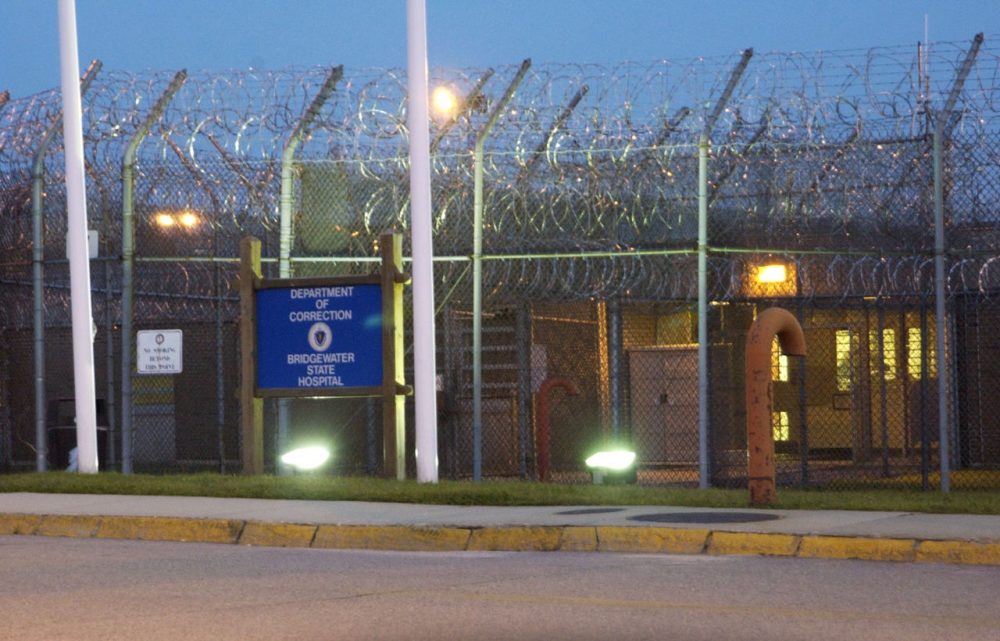Advertisement
Report: Solitary Confinement Changes, State Hospital Reforms Needed

Describing several pending pieces of legislation as a "promising" step, a report out Tuesday calls on state officials to reform the solitary confinement practices in Massachusetts prisons and jails.
The Pioneer Institute brief also suggests the Department of Correction (DOC) involve the Department of Mental Health in oversight of Bridgewater State Hospital, developing a partnership in which mental health officials would have "influence over treatment operations, wider information sharing and cross accountability in the functions of Bridgewater State Hospital."
"Massachusetts can seize this opportunity to reestablish itself as the national leader in mental health treatment," institute fellow Jordan Harris wrote. "Liberating Bridgewater State Hospital from DOC control will be an important and symbolic step. Promoting serious reform to solitary confinement will send a message that resonates nationally."
The report highlights three bills seeking to change the solitary confinement system in Massachusetts, either by putting limits on its use or increasing data reporting around it.
Harris describes a Rep. Russell Holmes bill as a potential "catalyst to monumental reform." The legislation (H 1381) would require county sheriffs and the Department of Correction to collect and publicly report data each quarter on the number of people in solitary confinement and related information.
Given a favorable recommendation by the Judiciary Committee, Holmes' bill was referred on May 19 to the Health Care Financing Committee, which has estimated its implementation would cost $100,001.
The institute's report also recommends provisions contained in bills (S 1255, H 1475) filed by Sen. Jamie Eldridge and Rep. Liz Malia. The legislation requires hearings to be held every 15 days a prisoner is held in solitary confinement and prohibits solitary confinement for deaf, blind and pregnant prisoners, and those under the age of 18 or with serious mental illness.
The Judiciary Committee endorsed a redrafted version (H 4312) of the House bill and on May 19 referred it to the House Ways and Means Committee.
The redrafted bill is narrower in scope than the original. It says that prisoners within six months of their release date shall not be placed in segregation unless their presence in general population "would pose a serious risk of harm to others, or themselves, and all other less-restrictive options have been exhausted." The Department of Correction would be required to prepare a reentry plan for prisoners held in segregation within six months of their release date, and to grant those prisoners "meaningful access to reentry programming," including housing assistance and job training.
The Pioneer report recommends a mental health assessment be conducted along with the 15-day hearing for prisoners in solitary confinement.
"The number of mentally ill prison and jail inmates in the US held steady at around 1 percent from the time when thousands of mentally ill inmates were transferred to treatment facilities in the 1880s until the 1960s," Pioneer Executive Director Jim Stergios. "But with deinstitutionalization, the percentage of mentally ill inmates has risen to around 20 percent in Massachusetts and across the country - approximately the same percentage as back in the 1840s."